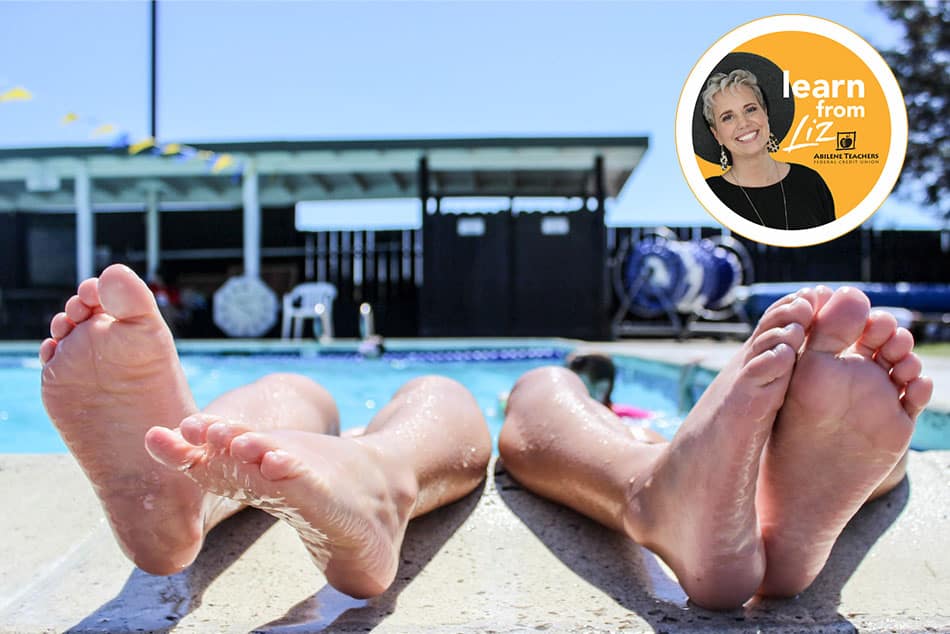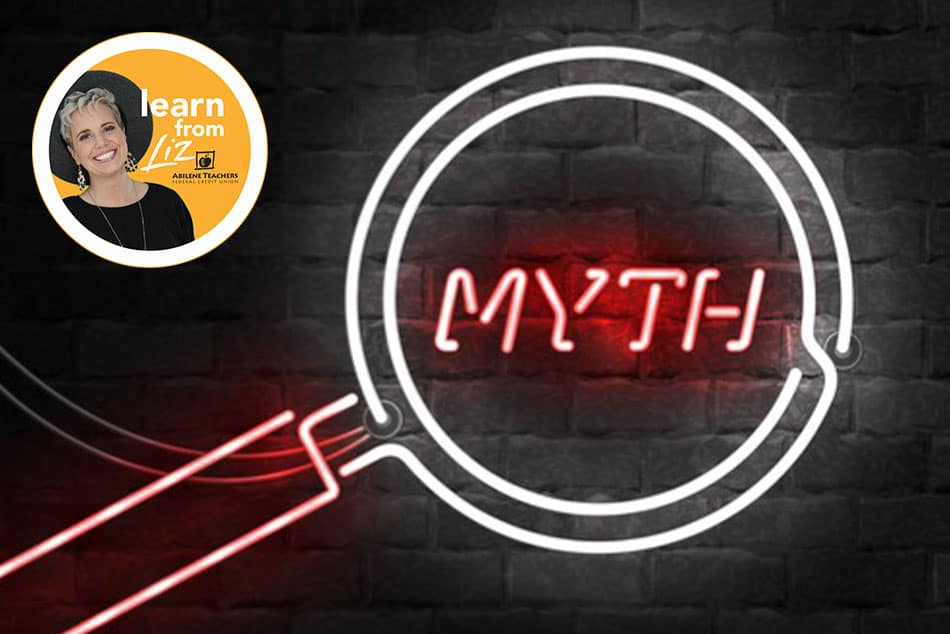Financial Tips for Single Parents

PARENTING IS HARD!! CAN I GET AN AMEN?!?
I’m sure that I’m not the only one that feels this way! I have a 20 year old daughter, 16 year old son, and a 14 year old son. If I could add an emoji to this post it would be one pulling her hair out, facepalm, or hands up in the air wondering what in the world is happening! I’m still trying to decide if infancy to age 10 was easier than having teenagers. I go back and forth sometimes and I have pretty good kids. Infants can’t tell you what they need but teenagers never stop! Hahaha. I love my kids more than I can express but no one told me just how hard it is if you want to parent your children well and teach them to be good human beings.
To get real with y’all, there was a time about 10 years ago that I really thought I was going to be a single mom and it was terrifying. It was hard enough making sure my bills were paid and kids were taken care of with a spouse let alone doing it on my own. I had been a stay at home mom for 10 years and other than substitute teaching had not had a full-time job since before I was married. That’s when I started looking for a job and got hired by ATFCU. This job helped save my life and sanity during that time in so many ways. For the first couple years of my employment things were pretty rocky with my marriage so I started making a plan and budget to be able to take care of all our needs if my marriage did not make it. I am happy to say that we made it but it was a VERY long, hard road.
There are times when marriages don’t make it or a spouse passes away unexpectedly or there never was a spouse to begin with. Whatever the reason for being a single parent, I want you to know that YOU CAN DO THIS! You are strong, smarter, and braver than you think you are.
Single parenting brings unique budgeting challenges. The U.S. Department of Agriculture reported that it costs almost $250,000 for a middle-income couple to raise a child to age 18. That is a bunch of money, especially when you’re shouldering that responsibility alone. Even with adequate child support, it’s smart for a single mom or dad to be proactive about financial matters.
Absolutely no one wants to think about leaving their children behind but it happens every day. That’s why estate planning should be your first priority. It’s essential to make arrangements for your children should you become incapacitated. Draw up a will, designating a guardian for your children, and a “power of attorney,” giving someone the legal right to make decisions on your behalf.
Consider setting up a trust, a legal structure that is overseen by a trustee, in which your assets can be held for your children. Also, ask your employer about disability benefits. Generally, you will receive a smaller income when you claim disability, however, ensuring even partial income is crucial for single parents who don’t have another source of funding to cover a gap. Even if you are not single, this is an area where you need answers. My husband is the primary bread winner and if something happened to him, I don’t make enough to cover all our bills and expenses. It’s always stress-reducing to have plans for worst-case scenarios.
Taking out a life insurance policy is equally important. I’ve had a small personal policy for several years but only recently did we finally get one for my husband. It was crucial to figure out how much I would need to take care of our family if anything happened to him. Even if I was single, I would need to have a life insurance policy to help take care of my kids until they are adults. The policy you purchase will depend on your finances; a term policy is most economical because it offers a straightforward death benefit. The credit union partners with TruStage Insurance and their website offers non-intimidating advice to those purchasing their first policy. You’ll find more information on the insurance page of our website.
Health insurance is essential. Premiums may be sky-high, but if you’re uninsured, a serious medical procedure can be financially crippling. Comparison-shop for policies at your state’s marketplace or at HealthCare.gov.
Don’t forget about tax breaks! If you’re a single parent, file as head of household. You’ll pay less and claim a higher standard deduction. You can claim exemptions for yourself and each qualifying child. You also might qualify for the earned income tax credit, the child and dependent care credit, and the child tax credit.
Here are a few more tips for daily financial decisions:
Credit cards
While credit cards may seem like the obvious solution for filling the gap created by a second income, they’re also the number one way to spiral into a life of debt. In The Financial Guide for Single Parents Workbook, Larry Burkett warns single parents that, while credit cards may seem like an easy way to fill in the gaps of a decreased income, it’s wise to avoid using them as much as possible. (Inexpensive, used copies of this book are usually available on Amazon.)
Shopping
Many single parents have to make lifestyle adjustments after a divorce or the death of a spouse. You may need to consider moving or changing your spending habits. Burkett notes that lots of people like to go shopping to cheer themselves up, but the added debt you’ll incur will only make you feel worse. This even applies to groceries, which are an expensive part of the budget. Plan that trip carefully, too, so you can better avoid impulse buying.
Holidays
Guilt causes many single parents to spoil their children, even when they can’t afford to. This is especially true during the holidays and for birthdays. Set designated amounts for gifts, and keep within the budget.
Budgeting Thoughts
Whatever your income, it’s important to give yourself a safety net, because emergencies happen. Put aside a little bit of money from each paycheck to set up an emergency fund for car repairs, broken refrigerators and other realities of life. As a general rule, experts recommend having six months’ worth of non-discretionary expenses in an account that is separate from the one you use for daily expenses. That could be a savings account or possibly a low-risk investment account.
Bucket budgeting can help. That means creating four different accounts: one for fixed monthly expenses such as food and bills, another for long-term expenses like retirement or replacing appliances, a third for emergencies and a fourth for discretionary spending. It’s more doable than you’d think. One study asked people if they could save 20 percent of their income. Most respondents said no. But, when asked if they could live on 80 percent of their income, most said yes. Make sure you are framing the questions to yourself in a way that sets you up for success.


